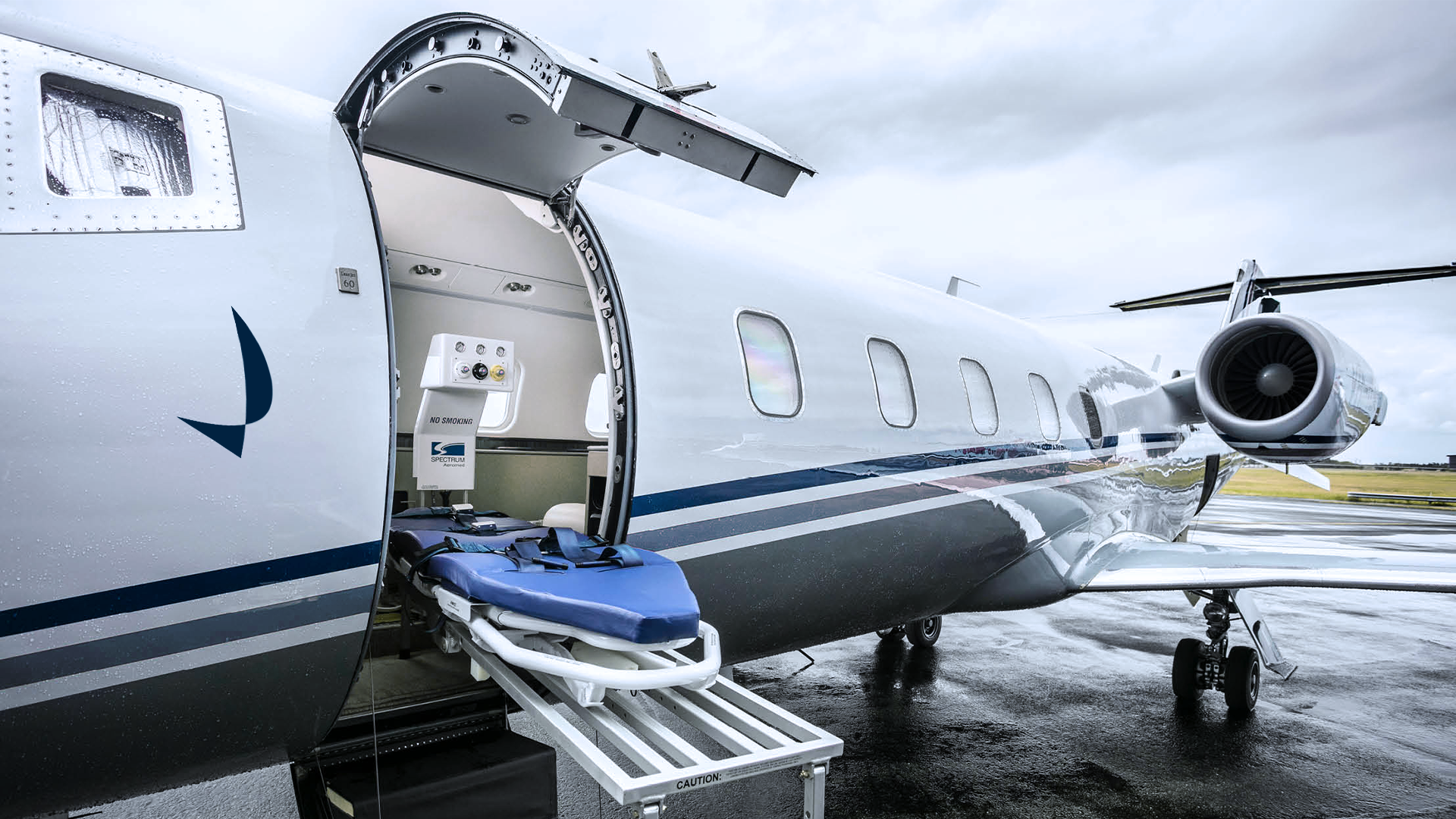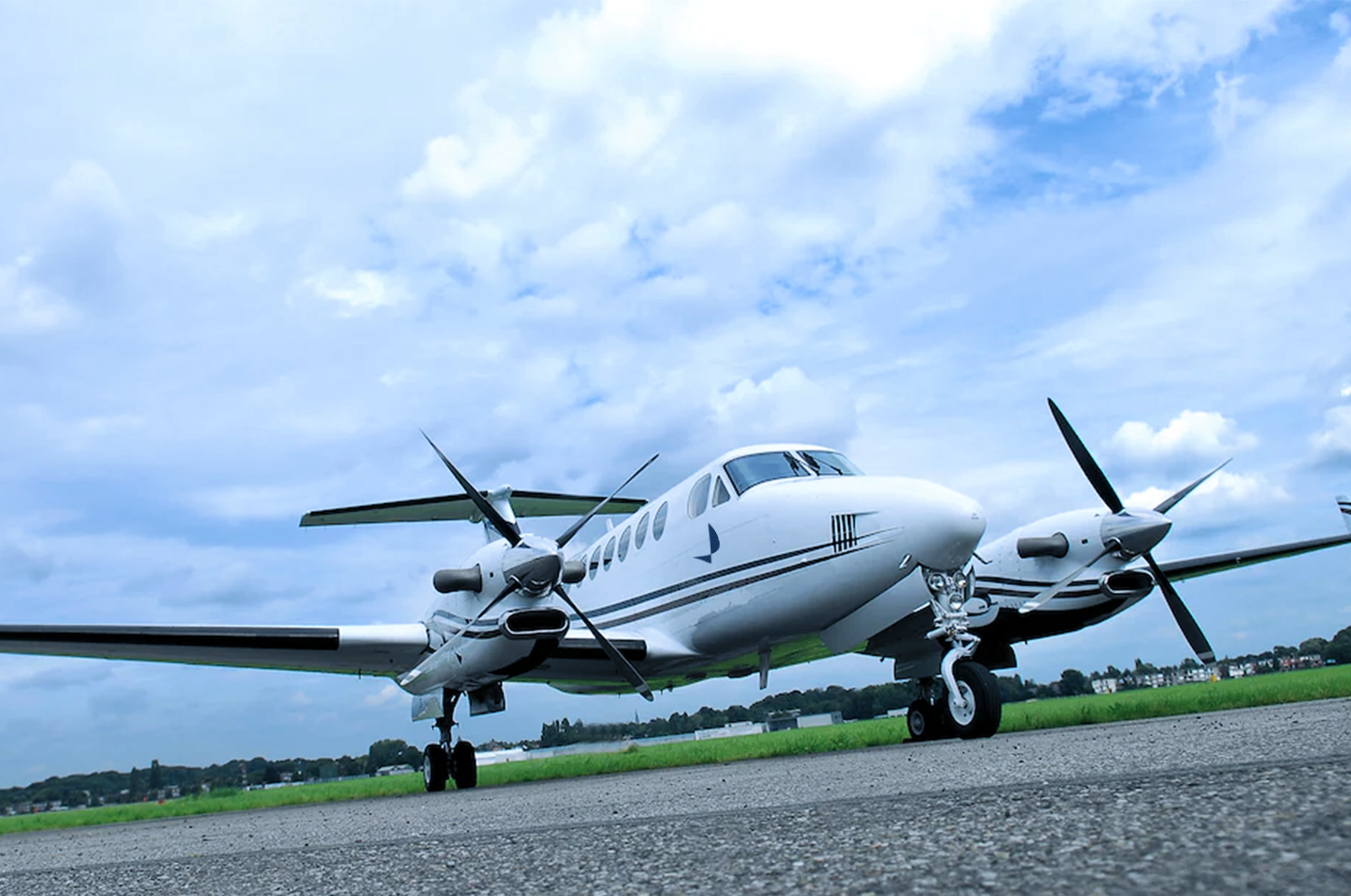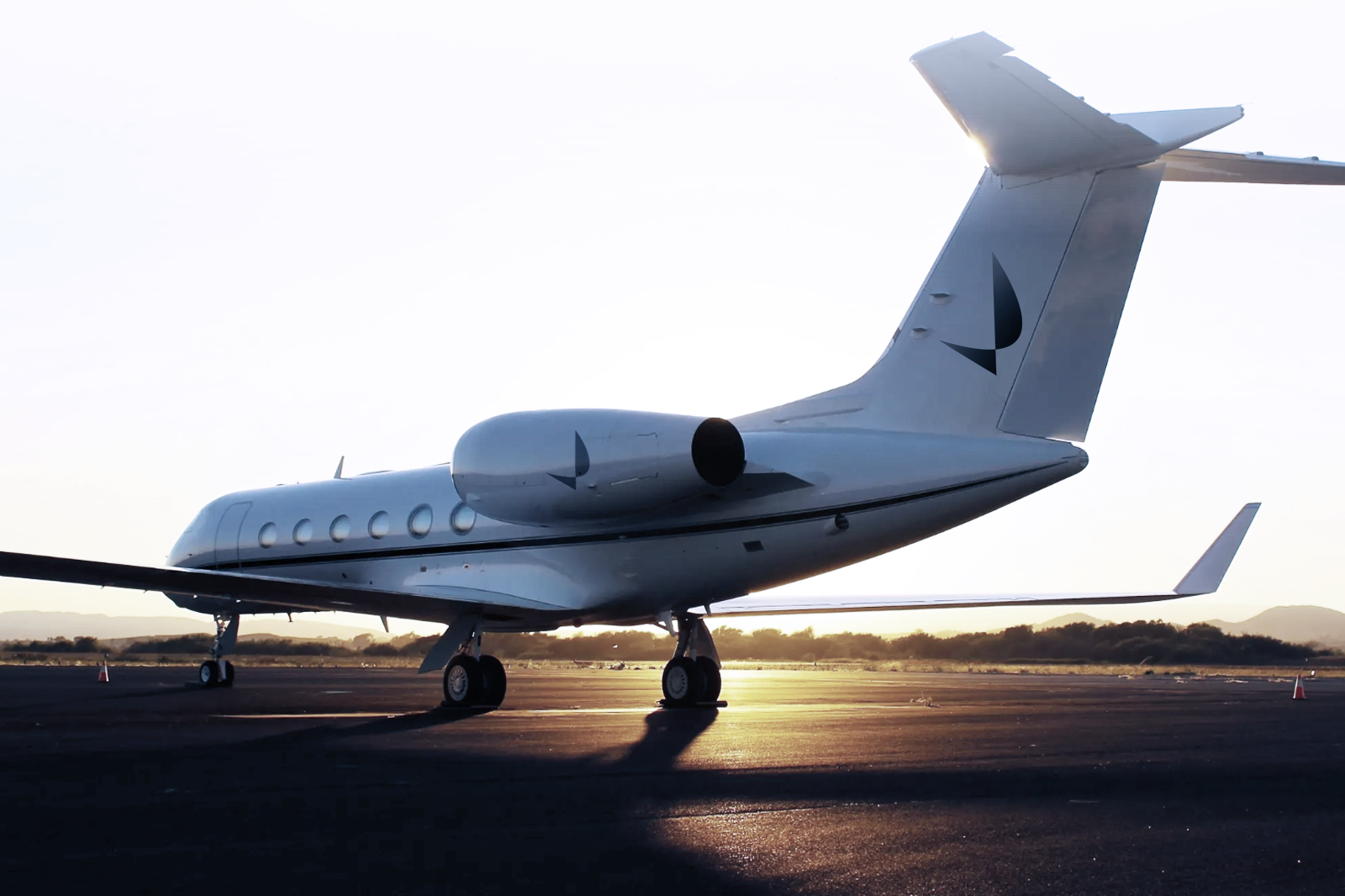Air cargo charter is the solution when schedules are tight, freight is outsized or sensitive, or the route is not covered by scheduled lift. This guide explains how air cargo charter rates are built, what drives air cargo cost, and how to evaluate air cargo charter companies for complex missions, including military air cargo and urgent relief.
When to use a cargo charter
Use charter when your shipment needs a dedicated aircraft, point to point uplift, or special handling that regular air cargo services cannot guarantee. Typical triggers include AOG spares, energy and mining equipment, pharmaceuticals requiring strict temperature control, live animals, secure valuables, and time-critical humanitarian or military air cargo missions.
How are air cargo rates calculated
Carriers price to aircraft, time, and risk. The core inputs are:
- Aircraft type and availability: payload, volume, range, and current fleet position.
- Distance and block time: great circle distance, performance, winds, crew duty limits.
- Payload characteristics: weight, dimensions, stackability, center of gravity, special equipment like cranes or high-loaders.
- Airport and route costs: landing, parking, handling, ground power, nav and overflight fees, permits, slots.
- Handling and compliance: packaging, palletization, DG declarations, pharma GDP, live animal protocols, security.
How to estimate air cargo cost
A practical workflow:
- Define chargeable weight: the greater of actual weight or volumetric weight. Volumetric weight uses airline ratios, for example 1 cubic meter equals 167 kg for many freighter tariffs.
- Pick candidate aircraft: fit by payload, door size, and volume.
- Build the sector: block time by performance and winds, add taxi and ground time.
- Add ground economics: handling, equipment rental, security screening, customs brokerage where needed.
- Overlay permits and overflights: some states require lead time or diplomatic clearances, which affects timing and cost.
Choosing between air cargo charter companies
Evaluate safety record and compliance first, then network and execution. Look for 24/7 operations control, proven performance on your corridor, availability of alternate aircraft on standby, and transparent breakdowns of air cargo freight rates and ancillary charges. Ask for recent lane references, ground handling partners, and a clear escalation path for irregular operations.
How Jets & Partners executes cargo
We design the mission around the freight. That includes aircraft matching, packaging guidance, ground equipment planning, and permit strategy across the route. Our team benchmarks air cargo charter rates across vetted operators, aligns handling windows at both ends, and manages customs coordination. For sensitive timelines, we maintain alternates and rolling updates to protect the slot sequence.
Plan your next step
Share dimensions, weight, pickup and delivery details, and target schedule. We will return a clear plan with aircraft options, timing, and a line-item price. If flexibility allows, we will also suggest split loads or staging that lower your total without adding risk. For immediate support, contact hello@jets.partners or visit our Cargo page to brief the team.






